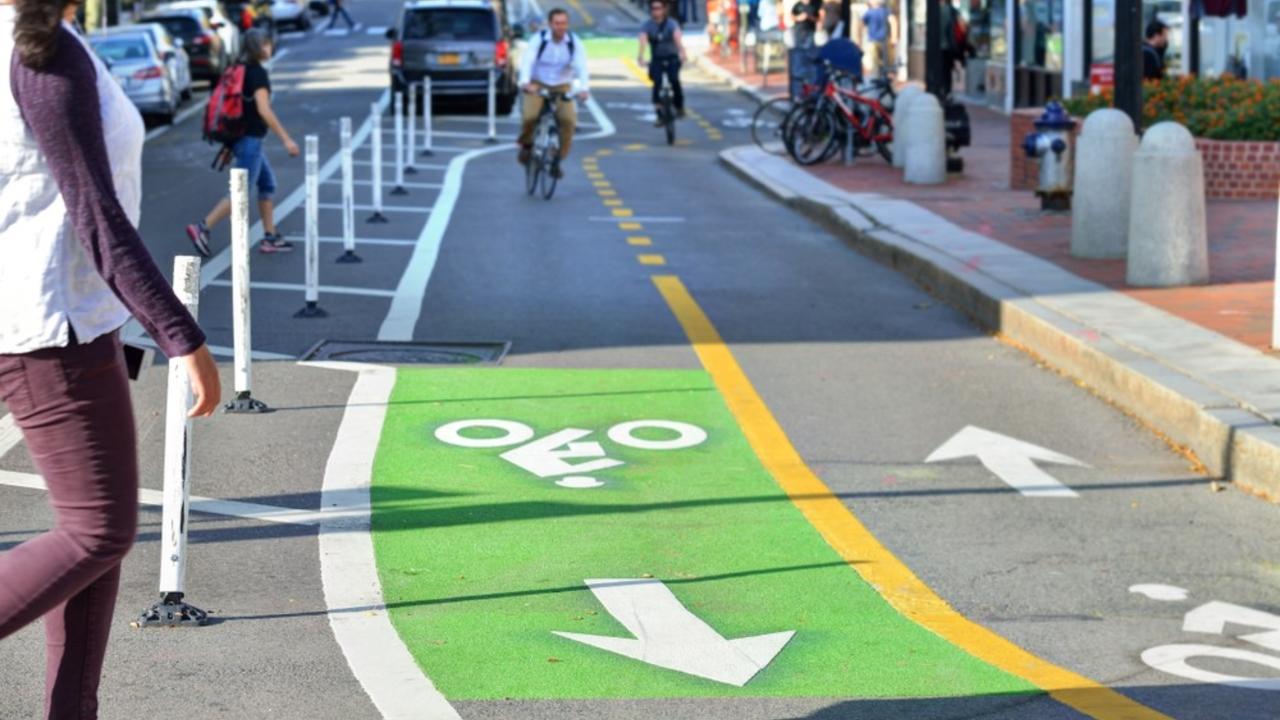Vision Zero

According to the Association for Safe International Road Travel, approximately 1.35 million people across the globe die in road crashes on an annual basis, while an additional 20-50 million suffer nonfatal injuries. More than half of the annual road traffic deaths are vulnerable road users such as pedestrians, cyclists, and motorcyclists. While modern cities tend to sprawl outwards, resulting in a need for automobiles, trains, and busses, there seems to be a design element that is severely lacking when it comes to roadways: safety. The majority of road crashes are predictable and therefore preventable, yet in most cities, proactive approaches to road safety have not been implemented.
Vision Zero is a multinational road safety traffic project that aims to eliminate all traffic fatalities and serious injuries while increasing safe and equitable means of transportation and mobility. Vision Zero began in Sweden in 1997 when it was adopted by the Swedish government as their official road policy. Since then, Vision Zero has spread to many European countries and is gaining popularity in the Americas. The current roadway conditions are designed in a way that works well - assuming perfect human behaviour from all drivers. This places responsibility on the individual, and individuals do not behave perfectly. Vision Zero however, acknowledges that human error exists, and that the design of roadways and policies must be adapted in order to lessen the severity of the accidents that will inevitably occur.
One major adaptation that Vision Zero advocates for is the use of safe speed limits. Maximum speed limits should be set based on human and automobile limits, while taking the surrounding infrastructure into account. Pedestrian fatality increases dramatically when vehicle speeds increase from 32km/hr (20 mph) to 48 km/hr (30 mph), and this knowledge along with information about vehicle types, cyclists, sidewalks, crossings and curbs must be considered in setting speed limits. Vision Zero seeks enforcement of appropriate speed limits to ensure safety for all.
Other key priorities of Vision Zero include ensuring equity and engaging communities. Vision Zero’s underlying ethical principle states that "it can never be ethically acceptable that people are killed or seriously injured when moving within the road transport system." This means it is crucial to ensure that communities which are disproportionately affected by traffic deaths and injuries are receiving benefits from investing in roadway safety strategies. Additionally, Vision Zero promotes working with communities and community organizations when developing safety strategies, as neighbourhood residents should have a say in the needs and concerns that must be addressed.
With the right people on board, your community can become recognized as a Vision Zero Community! Consider bringing this multinational road safety project to the attention of your Mayor or top elected official in order to begin the process of making your community a safer space for everyone.
European Commission Road Safety
Stay connected with news and updates!
Join my mailing list to receive the latest news and updates. Your information will not be shared.

